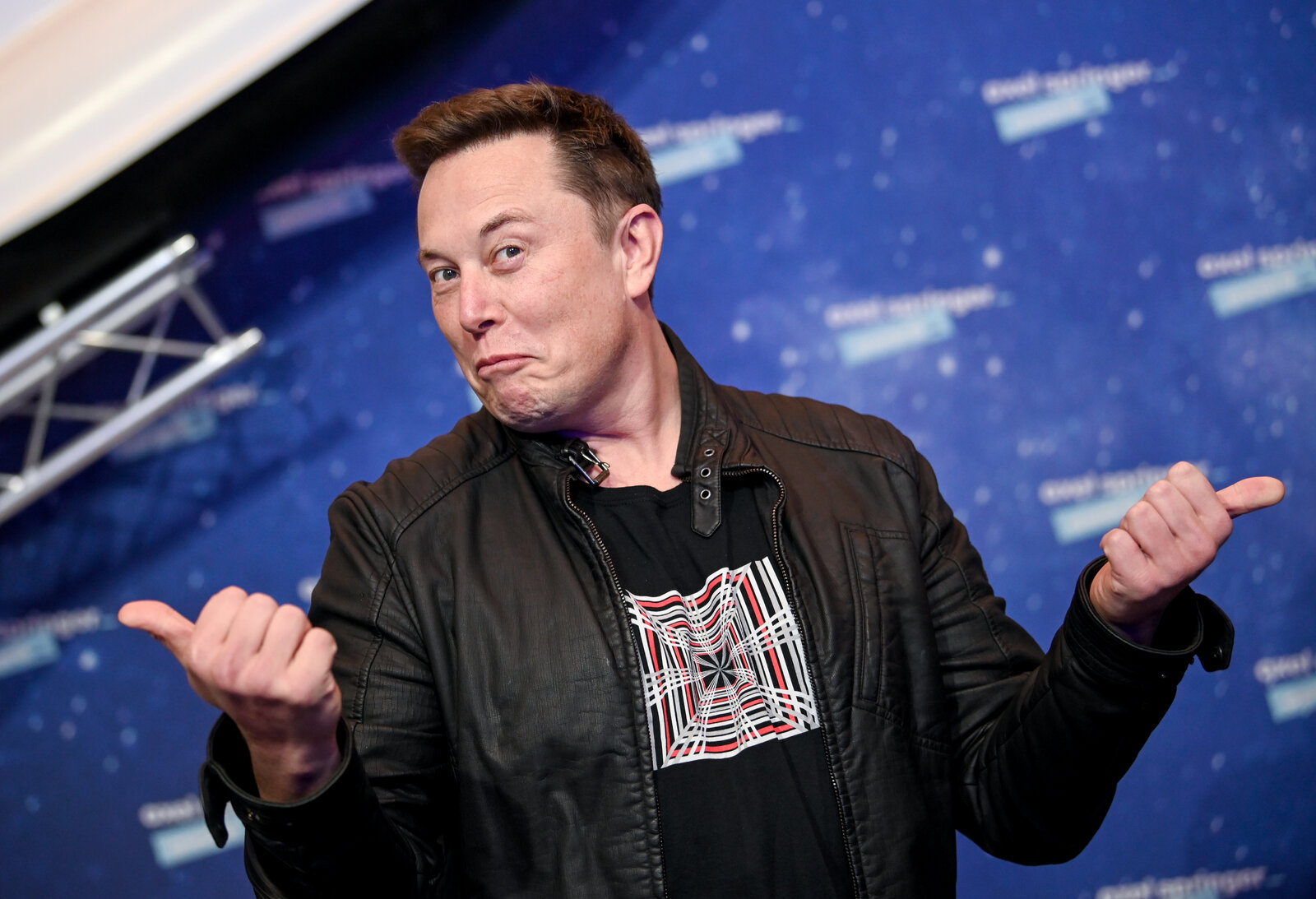Lest Twitter’s intentions weren’t clear from its hiring in recent days of the powerhouse law firm of Wachtell, Lipton, Rosen & Katz LLP, the company has now filed a lawsuit in Delaware against Elon Musk — in an attempt to force the Tesla CEO to complete his proposed $44 billion acquisition of Twitter that Musk abruptly decided to abandon just a few days ago.
Twitter vs Elon Musk
Blasting the brash billionaire over his unilateral decision to try and walk away because “the deal he signed no longer serves his personal interests,” Twitter’s lawyers used the complaint to launch a rhetorical fusillade against Musk.
The suit accuses Musk, among other things, of having “mounted a public spectacle to put Twitter in play, and having proposed and then signed a seller-friendly merger agreement, Musk apparently believes that he — unlike every other party subject to Delaware contract law — is free to change his mind, trash the company, disrupt its operations, destroy stockholder value, and walk away.”
Musk’s stated justification is that Twitter has not been forthright about the degree to which Twitter spam proliferates on the platform. His legions of critics, however, have found that excuse risible. It’s partly over the fact that Musk waved the acquisition’s customary due diligence period to rush the process.
READ MORE: New audit backs up Elon Musk’s concerns about fake Twitter accounts
“Musk’s exit strategy is a model of hypocrisy”
Other excerpts from the Twitter vs Elon lawsuit, meanwhile, include the following: “… Musk wants out. Rather than bear the cost of the market downturn, as the merger agreement requires, Musk wants to shift it to Twitter’s stockholders.”
“Musk’s strategy is also a model of bad faith. While pretending to exercise the narrow right he has under the merger agreement to information for ‘consummation of the transaction,’ Musk has been working furiously — albeit fruitlessly — to try to show that the company he promised to buy and not disparage has made material misrepresentations about its business to regulators and investors.”
That last part alludes to Musk repeatedly accusing Twitter of vastly undercounting the amount of spam on the platform. A claim that might actually have some truth to it, if you believe a recent audit that found at least 23 percent of Musk’s own followers could be “inauthentic.”

What happens next, meanwhile, is anyone’s guess. The ensuing legal battle will almost certainly be expensive, protracted — and very strange. Twitter, which hadn’t put itself up for sale to begin with, is now taking a mercurial would-be owner to court. Over the fact that the buyer … doesn’t actually want to buy the thing anymore.
Musk’s own at-times flippant tweets, by the way, are most assuredly going to factor into this litigation. From page 10 of the lawsuit, for example:
More coverage: Twitter employees call Musk’s plan to cut 75% of staff “reckless”








